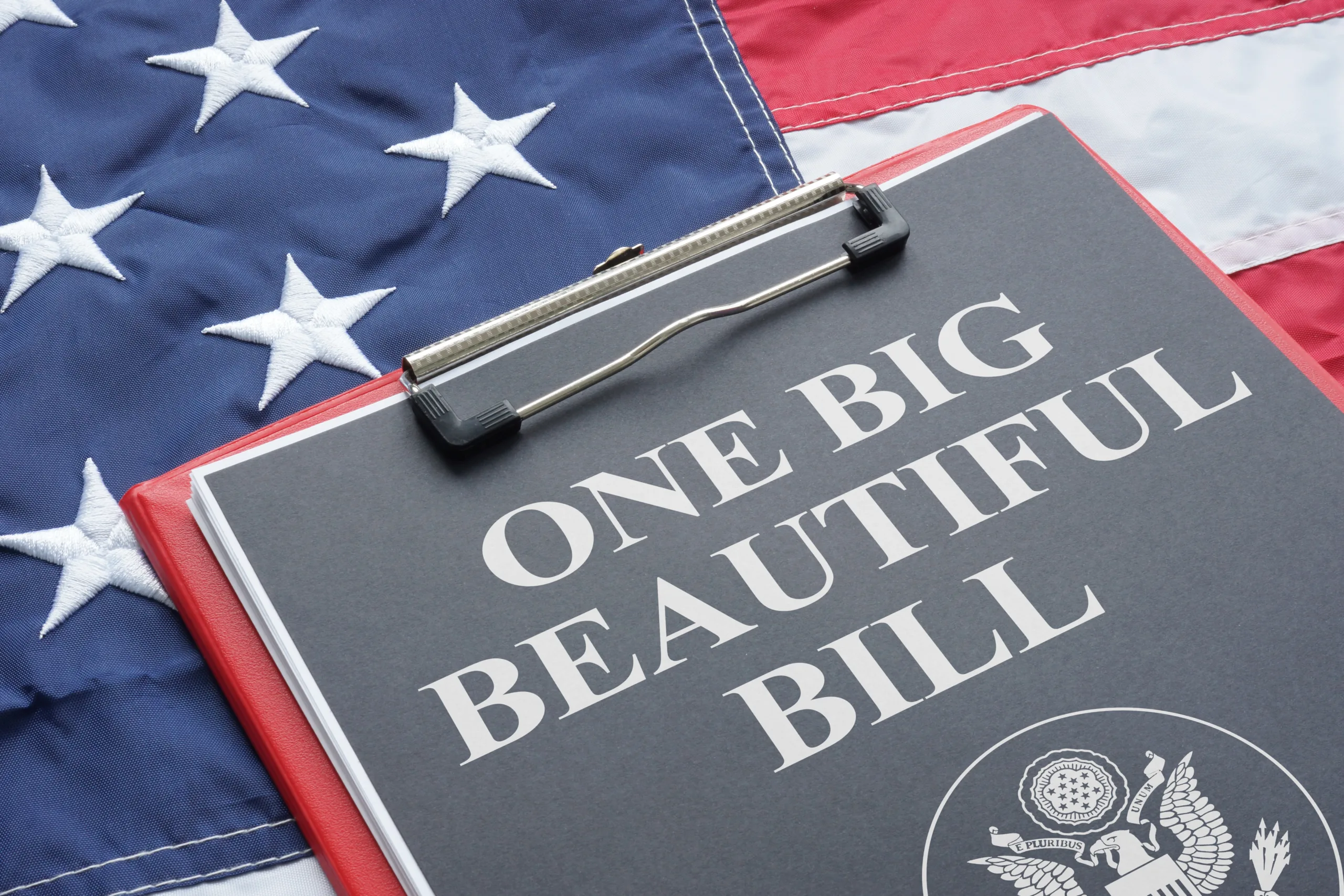
Empowering Cannabis Businesses: A Strategic Partnership Between Würk & Distru
Running a cannabis business means juggling dozens of operational challenges simultaneously. From ensuring your team is paid accurately and on time to managing complex inventory workflows, operators in the cannabis industry face all the challenges that mainstream businesses encounter, plus additional industry volatility and regulation. That’s why we’re excited to announce our strategic partnership with Distru, a cannabis wholesale platform, bringing together two industry leaders who share a fundamental belief: cannabis businesses deserve tools built specifically for their unique needs.


